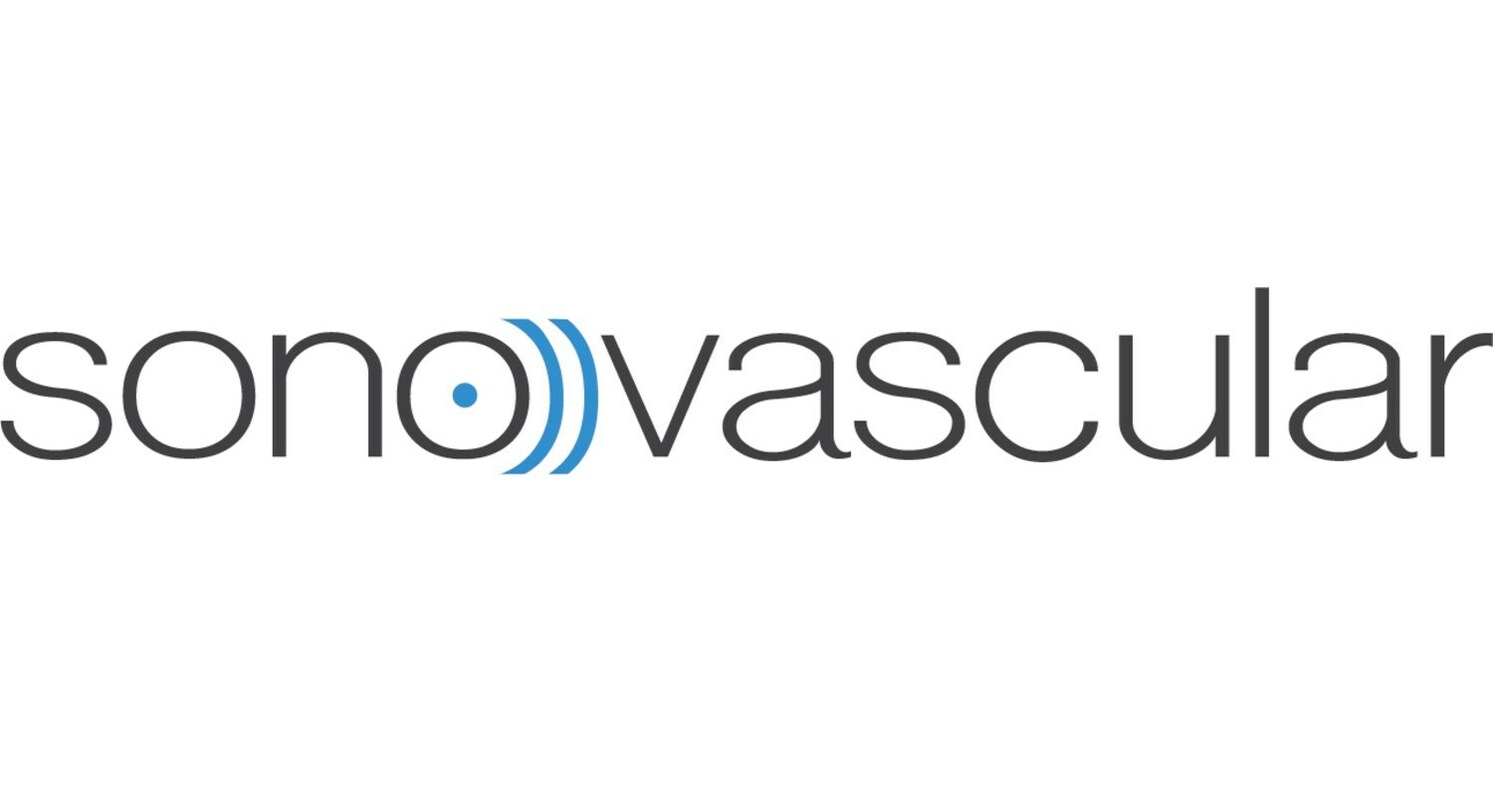PR News WireThis post was originally published on this site

CHAPEL HILL, N.C., May 2, 2024 /PRNewswire/ — SonoVascular, Inc., a private medical device company focused on the development of its SonoThrombectomy™ System, a novel pharmaco-mechanical ultrasound facilitated thrombectomy system that utilizes microbubble-mediated cavitation as a core enabling mechanism of action to treat patients with venous thromboembolism (VTE), has executed an exclusive clinical supply agreement with Lantheus Holdings, Inc. (Lantheus) to use Lantheus’ microbubbles in combination with SonoVascular’s SonoThrombectomy System to treat deep vein thrombosis (DVT) and pulmonary embolism (PE).
VTE is a condition that occurs when a blood clot forms in a deep vein, resulting in DVT. One of the most serious complications of DVT happens when a part of the clot breaks off and travels through the bloodstream to the lungs, causing a PE. SonoThrombectomy uniquely combines ultrasound, microbubbles, low dose thrombolytic drug, and mechanical retrieval or aspiration, delivered via an integrated intravascular catheter system to treat DVT and PE more effectively and safely.
The microbubbles are activated by intravascular ultrasound and will be investigated in ongoing pre-clinical and upcoming clinical studies. The SonoThrombectomy System has been engineered to address and overcome the deficiencies and limitations of current interventional devices. It is a catheterization laboratory-based solution that has been designed to maximize the reduction in clot burden, reduce the dose and duration as well as enhance the delivery of thrombolytics to levels that optimize safety and effectiveness, and eliminate the need for patients to be treated in the intensive care unit. SonoVascular’s SonoThrombectomy System has been successfully evaluated in in vitro and in vivo preclinical studies and is now poised to initiate first-in-human (FIH) studies in 2024 in partnership with Lantheus to evaluate safety and feasibility of the SonoThrombectomy System for treatment of DVT and PE prior to moving forward with pivotal studies in the U.S. for both indications.
Lantheus will supply its microbubbles and activation devices, while SonoVascular will be responsible for executing clinical studies and future regulatory submissions and commercialization. Additionally, upon completion of a FIH study, SonoVascular has an option to enter into a long-term exclusive commercial supply agreement with Lantheus.
“We are excited to partner with SonoVascular to extend our microbubble franchise into a novel treatment for VTE,” said Etienne Montagut, Chief Business Officer of Lantheus. “Our collaboration with SonoVascular leverages both companies’ strengths to help change the paradigm in the treatment of venous disease – a large and growing clinical condition.”
“SonoVascular is honored to have the opportunity to partner with Lantheus, a leader in microbubble development,” said Daniel Estay, Founder and Chief Executive Officer of SonoVascular. “Our SonoThrombectomy System, combined with Lantheus’ microbubbles, is designed to provide a true, next generation solution for the treatment of DVT and PE that overcomes the drawbacks associated with catheter-based thrombectomy and thrombolysis devices.”
About Venous Thromboembolism
Venous thromboembolism is a condition that occurs when a blood clot forms in a vein. As many as 900,000 VTE events occur each year in the United States.1 VTE includes DVT and PE. DVT occurs when a blood clot forms in a deep vein, usually in the lower leg, thigh or pelvis. The most serious complication of DVT happens when a part of the clot breaks off and travels through the bloodstream to the lungs, causing a blockage called PE. If the clot is large, it can stop blood from reaching the lungs and can be fatal. One-third to one-half of people who have a DVT will have long-term complications caused by damage to the valves in the vein called post-thrombotic syndrome (PTS).2 In some cases, PTS symptoms can be so severe that a person becomes disabled. PE can be life-threatening, with 10-30% of individuals dying within one month of diagnosis.3
About SonoVascular, Inc.
SonoVascular designs and develops innovative therapeutic ultrasound-based medical devices for treating vascular disease. Founded in 2018 with exclusively licensed technology developed by scientists at the Joint Department of Biomedical Engineering between the University of North Carolina at Chapel Hill and North Carolina State University, SonoVascular developed the SonoThrombectomy System, a novel pharmaco-mechanical ultrasound facilitated thrombectomy system for VTE that utilizes microbubble-mediated cavitation as a core enabling mechanism of action to more effectively remove VTE blood clots. The system uniquely combines: (i) ultrasound, (ii) microbubbles, (iii) low dose thrombolytic drug, and (iv) mechanical retrieval or aspiration, delivered via an integrated intravascular catheter system. The SonoThrombectomy System has been engineered to address and overcome the deficiencies and limitations of current interventional devices. It is a catheterization laboratory-based solution, that has been designed to maximize the reduction in clot burden, reduce the dose and duration as well as enhance the delivery of thrombolytics to levels that optimize safety and effectiveness, and eliminate the need for patients to be treated in the ICU. SonoVascular is headquartered in Chapel Hill, NC.
Contact:
SonoVascular, Inc.
Daniel Estay
Founder and Chief Executive Officer
[email protected]
1 Gregson J, Kaptoge S, Bolton T, et al. Cardiovascular Risk Factors Associated With Venous Thromboembolism. JAMA Cardiol. 2019;4(2):163–173. doi:10.1001/jamacardio.2018.4537.
2 Wendelboe AM, Campbell J, McCumber M; Bratzler D; Ding K, Beckman M, Reyes N; Raskob G. The Design and Implementation of a New Surveillance System for Venous Thromboembolism using Combined Active and Passive Methods. American Heart Journal. 2015.
3 American Lung Association; https://www.lung.org/lung-health-diseases/lung-disease-lookup/pulmonary-embolism/learn-about-pulmonary-embolism#:~:text=Pulmonary%20embolism%20affects%20around%20900%2C000,that%20travel%20to%20the%20lungs
SOURCE SonoVascular, Inc.






